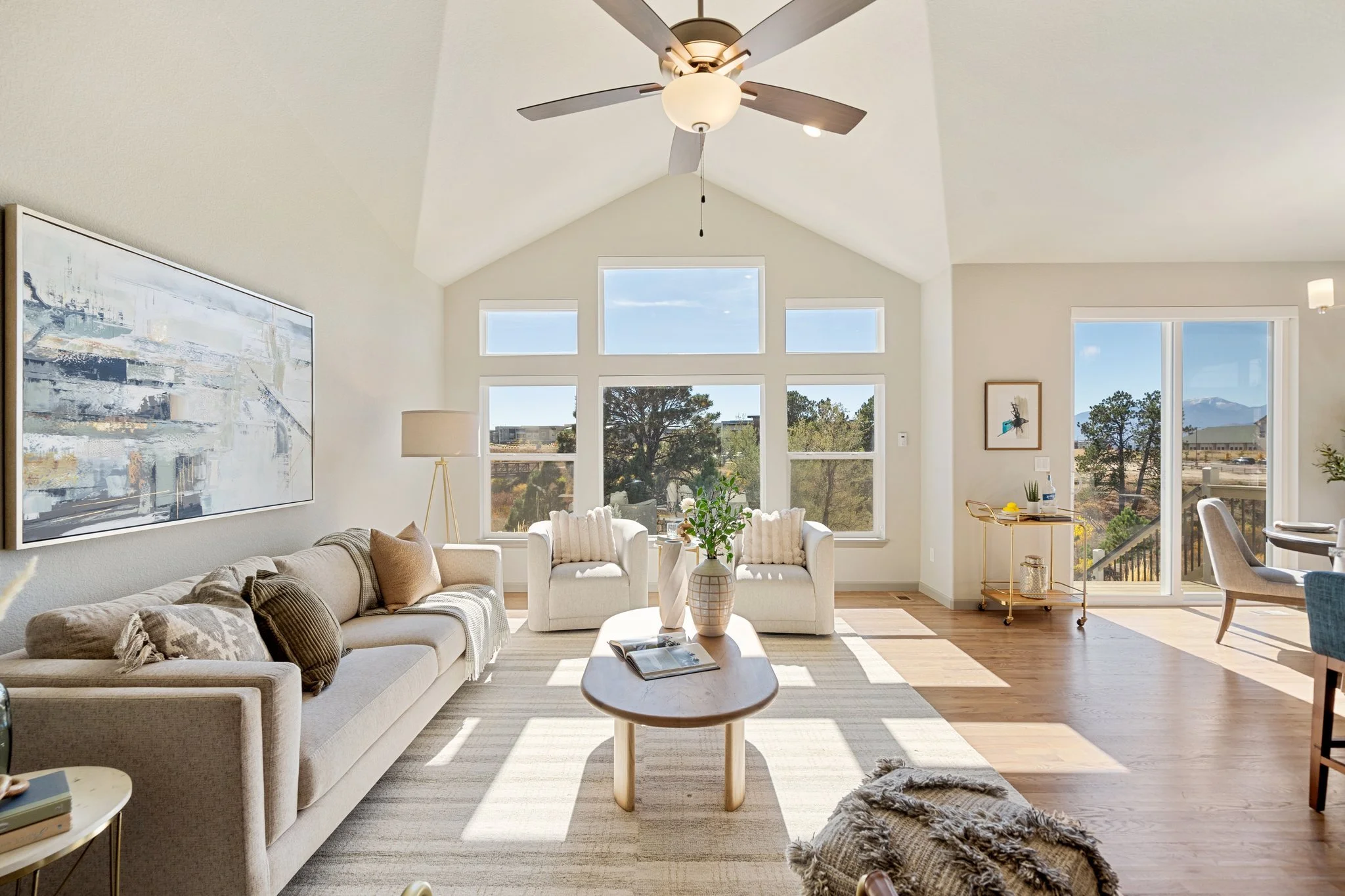
Home Staging Tips & Resources
Return on Investment Part 1 of a 5 part series- Maintenance
The investment of getting those things fixed or going will be returned to you, and then some. It's going to return to you in a couple of ways. It's going to be returned to you in time. Less time on the market, which is big, right? More offers coming in, the more offers coming in, the more likely you're going to sell quicker.
Is Staging Still Necessary in a HOT Market?
Is it worth to stage a home in a crazy hot market? I've heard it said a couple times, “I can list my house right now as is, do nothing, and it will sell quickly and for asking price”, and that's actually true right now. Things are going that fast and for that amount of money. So, is it worth to stage or do anything to your home before listing it? Yes. The answer is yes.
Introducing Staging in Your Listing Presentation
Once you have provided your marketing materials to the seller and explained to them what you have to offer and what sets you apart from other realtors, you can connect with the seller by asking them what the ideal outcome from their selling process would be. If they are like most homeowners selling their home, they will want it to be sold quickly and for top dollar and assurance that you’ve done everything that you can to make that happen and it was a smooth process.



